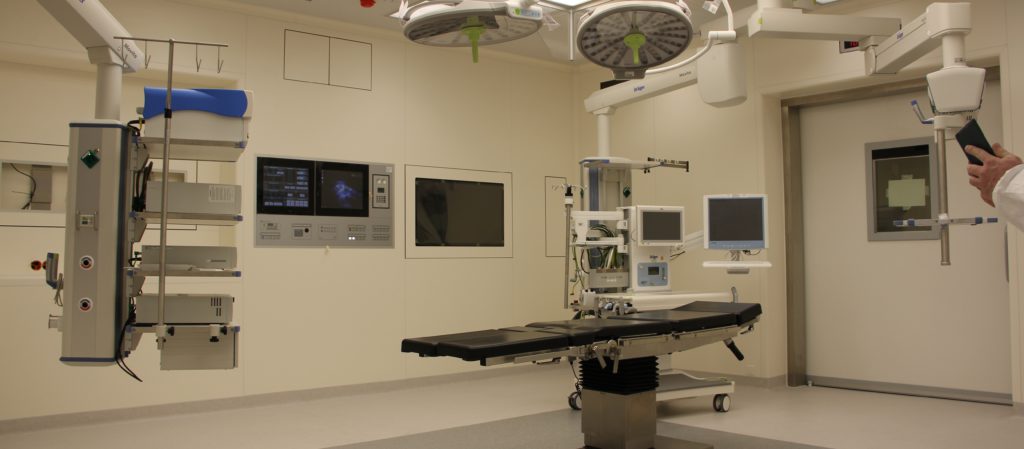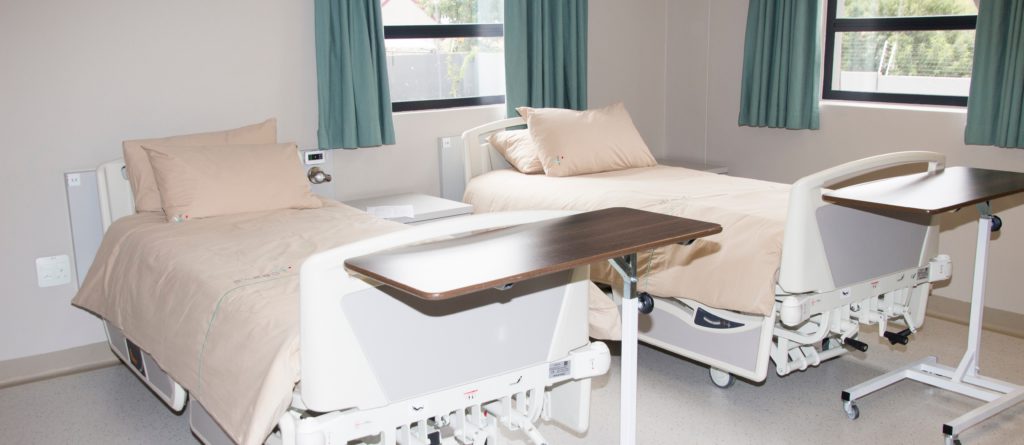When it comes to healthcare, we often think of hospital care settings as the sole provider of care. However, in reality, there is a vast array of care settings that cater to different needs and circumstances. In this blog post, we will take a journey through some of the various care settings, shedding light on their purposes, the types of care provided, and the duties performed at each. So, let’s dive into the world of care settings beyond the traditional hospital walls.
Table of Contents
15 Care Settings Worth Exploring
1. Assisted Living:
Starting our exploration, we have assisted living facilities. As the name suggests, these facilities provide support and assistance to individuals who need help with daily activities but do not require intensive medical care. Assisted living facilities typically offer services such as meal preparation, housekeeping, medication management, and social engagement programs to enhance the quality of life for their residents.
2. Skilled Nursing:
Skilled nursing facilities, also known as nursing homes, cater to individuals who require round-the-clock care and medical attention. These facilities are equipped with licensed nurses and healthcare professionals who offer specialized care to residents who have complex medical conditions or significant functional impairments. Skilled nursing facilities provide services like wound care, physical therapy, administration of medication, and supervision of daily activities.
3. Memory Care:
Memory care settings are specifically designed for individuals with Alzheimer’s disease, dementia, or other memory-related disorders. These facilities provide a safe and secure environment with specialized programs and trained staff to ensure the well-being and dignity of residents. Memory care units often have enhanced security measures, structured routines, and engaging activities tailored to the unique needs of individuals with memory impairment.
4. Residential Care Facilities:
Residential care facilities are community-based settings that offer a supportive living environment for individuals who require some assistance with daily activities but do not require intensive medical care. These facilities bridge the gap between assisted living and skilled nursing, providing a combination of personal care services, supervision, and a sense of community for residents.
5. Surgery Centers:
Surgery centers, also known as ambulatory surgery centers, are facilities where surgical procedures are performed on an outpatient basis. These centers are equipped with state-of-the-art equipment and staffed by highly skilled surgeons and healthcare professionals. Surgery centers offer a convenient and cost-effective alternative to traditional hospital-based surgeries, allowing patients to return home on the same day as their procedure.

6. Home Health:
Home health services bring healthcare directly to individuals in the comfort of their own homes. This type of care is often provided by nurses, therapists, or certified home health aides. Home health services include a wide range of medical and non-medical care, such as wound dressing, medication management, physical therapy, and assistance with activities of daily living.
7. Hospice:
Hospice care focuses on providing comfort and support to individuals who have a terminal illness and are in the final stages of life. Hospice care is typically provided in the patient’s home, a hospice facility, or a nursing home. The primary goal of hospice care is to ensure that patients are as pain-free and comfortable as possible, while also offering emotional support to both the patient and their family members.
8. Traditional Hospitals:
Traditional hospitals are comprehensive care settings that provide a wide range of healthcare services, including emergency care, surgeries, diagnostic testing, and specialized treatments. These hospitals are staffed by various healthcare professionals, such as physicians, nurses, technicians, and support staff, who work collaboratively to deliver acute and critical care to patients.
9. Critical Access Hospitals:
Critical access hospitals are small, rural facilities that provide limited inpatient and emergency services to underserved areas. These hospitals play a crucial role in ensuring that individuals who live in remote locations have access to essential healthcare services when needed.
10. Physical Rehab:
Physical rehabilitation settings focus on restoring and improving the physical function, mobility, and quality of life for individuals who have experienced injuries, surgeries, or illnesses. These settings may include outpatient rehabilitation centers, inpatient rehabilitation units within hospitals, or specialized clinics. Physical rehab programs often involve a combination of therapies, exercises, and assistive devices to help patients regain independence.

11. Drug and Substance Rehab:
Drug and substance rehab facilities aim to assist individuals struggling with addiction and substance abuse. These facilities provide a structured and supportive environment for detoxification, counseling, therapy, and education to help individuals overcome their addiction and develop healthy coping mechanisms.
12. Behavioral Hospitals:
Behavioral hospitals specialize in treating individuals with mental health conditions, including depression, anxiety, bipolar disorder, and schizophrenia. These hospitals provide comprehensive psychiatric evaluations, individual and group therapy sessions, medication management, and crisis intervention services.
13. School Districts:
School districts often have health clinics that cater to the healthcare needs of students. These clinics offer basic medical services, such as vaccinations, screenings, first aid, and health education programs. School district healthcare services play a vital role in promoting the overall well-being of students and ensuring a healthy learning environment.
14. Health Clinics:
Health clinics are community-based settings that provide a wide range of medical services to individuals of all ages. These clinics may be operated by private healthcare providers, nonprofits, or government organizations. Health clinics offer services such as preventive care, vaccinations, screenings, diagnosis and treatment of common illnesses, and referrals to specialized care if needed.
15. Primary Care:
Primary care settings, such as family medicine clinics or general practitioner offices, are often the first point of contact for individuals seeking healthcare services. Primary care providers offer comprehensive medical care, including preventive services, routine check-ups, diagnosis, treatment of common illnesses, and management of chronic conditions. These providers also serve as coordinators of care, referring patients to specialists as necessary.

Expanding our perspective beyond traditional hospitals, we have discovered a wide range of care settings that cater to diverse needs and circumstances. Each care setting plays a crucial role in delivering specialized care and ensuring the well-being of individuals in their respective communities. By understanding the unique services offered by these settings, we can make informed choices about our healthcare options and ultimately enhance our overall health and quality of life, or maybe even your decision-making if you’re a healthcare professional looking to get into or switch pathways in the healthcare industry!
Pro Tip:
If you are just getting started in healthcare, or if you’re a healthcare worker looking to switch up your career path; Try working for a staffing agency for a while. You can request to work in different care settings and try them out for a while to see what suits you best before committing to a long-term path. Go to the Cascade Health Services website and see what we have available!

